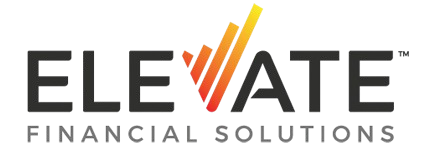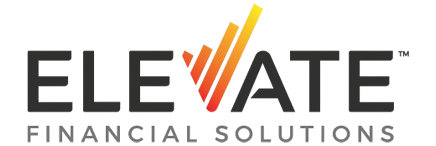Author

Tom
Founder & Managing Director
Tom founded Elevate Financial Solutions in 2012 with a clear vision: to create a mortgage brokers where exceptional service is at...
The below blog has information contained within was correct at the time of publication but is subject to change.
Mortgage options explained
- Fixed rate mortgage
A fixed rate mortgage is one of the most popular options. As the name suggests, the amount you’ll pay each month is fixed, which means no unpleasant financial surprises. However, if the base rate of interest falls, it won’t be of any benefit to you. Also, fixed rate mortgages can be more costly, and sometimes incur higher repayment fees too.
- Tracker mortgage
With this type of mortgage, the amount you’ll pay each month fluctuates, depending on what the Bank of England’s base rate is at the time. The real perk of this mortgage is that if interest rates are low, you’ll pay less. However, the same is true in reverse, which makes this option somewhat unpredictable. Tracker rates may run for the entire term of the mortgage, or for a set period of time (e.g. two to five years).
- First-time buyer mortgage
If you’re a first-time buyer, there are likely to be several mortgage products that are specifically tailored to your needs. These often require reduced deposits – a major advantage, as you won’t have to put down as much initial capital to purchase a property.
First-time buyer mortgages usually offer discounted rates too, but the savings you make at the start may have to be repaid at a later date with higher interest rates.
- Guarantor mortgage
Guarantor mortgages have risen in popularity recently, as they enable a guarantor (e.g. a parent) to help you to get a foot on the property ladder. They’ll agree to take on the mortgage repayments if you run into financial difficulty, and this often means you’ll be able to borrow a bigger sum of money than you would if you took out a mortgage on your own.
- Discounted mortgage
Mortgage providers sometimes offer discounted mortgages, which offer temporarily reduced rates, usually for a period of two to five years. After this time, the rates will rise. The obvious advantage is that you’ll be paying less for a while. However, it’s important to make sure you can afford the repayments when the rates go up in the future.
Repayment or interest-only?
Repayment mortgages require you to repay your home’s equity plus interest every month. This means, with every repayment you make, you’ll be paying off a little bit more of the money you owe against your property purchase.
Interest-only mortgages only ask you to pay the interest, not any equity. This means you’ll be paying far less each month, but when the term of the mortgage ends, you’ll need to find a lump sum of money to pay off the cost of your home.
In the past, interest-only mortgages were more popular. However, these days they’re seldom offered, due to the financial risk involved.
Help with choosing your mortgage
If you’d like further help with selecting the right mortgage, talk to Elevate Financial Solutions today. Our team are on hand to ensure you get the best possible deal; to find out more, call us on 0203 8131 495.
A MORTGAGE IS A LOAN SECURED AGAINST YOUR HOME. YOUR HOME MAY BE REPOSSESSED IF YOU DO NOT KEEP UP REPAYMENTS ON YOUR MORTGAGE OR ANY DEBT SECURED ON IT.

